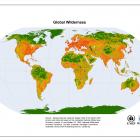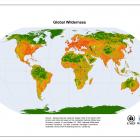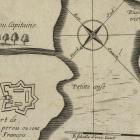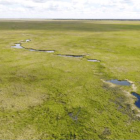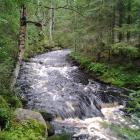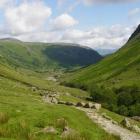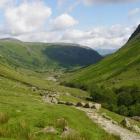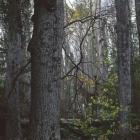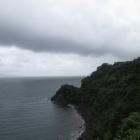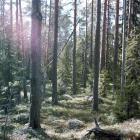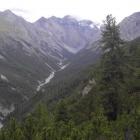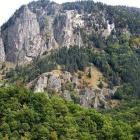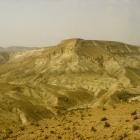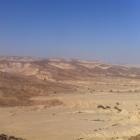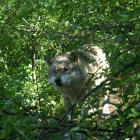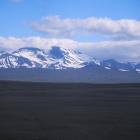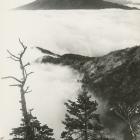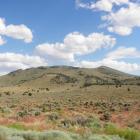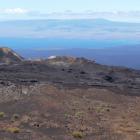Wildeornes—Early English
In many cultures, the idea of wilderness, in some sense, has been borrowed from the English-speaking world. As a consequence, scholars have paid particular attention to the history of the English word “wilderness” as expressed in writing. Nash (1967) famously argues that the seventeenth- and eighteenth-century European settlers of New England feared and loathed wilderness, or viewed it as an arena for trials of the spirit, because English versions of the Bible rendered certain Hebrew or Latin words as “wilderness” and biblical wilderness was evil and hostile.
In considering what wild country may have meant to early speakers of English—let us say the non-Celtic inhabitants of what is now England, ca. 450–1400 AD—it is important to distinguish between literary (or “high”) culture and vernacular (or “low”) culture. Literary culture develops in small social circles and has an existence of its own, outside the speech and thinking of ordinary life. Vernacular ideas and words, although shared by everyone, may leave little or no trace in the written record.
There is good reason to believe that until recent times the word “wilderness” has belonged more to high culture than to the vernacular. Outside religious texts, Old English wildeornes is all but unattested. Even today, Anglophone Canadians, unless they grow up in big cities and are under the influence of US media, are inclined to speak of “the bush” rather than “the wilderness.” Similarly, although Bible-based aversion to nature goes back to the epic Beowulf in the seventh or eighth century, speakers of English may always have been ambivalent about wild places, aware of their good features as well as bad. In the Middle English masterpiece Sir Gawain and the Green Knight, the landscape in and beyond the Wilderness of Wirral is presented as harsh and threatening, yet amid the gloom Sir Gawain is said to ride “meryly” into a deep and very wild forest beside a mountain. Later, as the Green Knight and his party hunt a ferocious wild boar, their voices are, again, merry.
Oddly enough, even the derivation of “wilderness” is elusive. The word seems to have come from elements meaning “wild animal + place;” but another option is just “wild + place.”
What does wilderness mean in your language? Browse “Wilderness Babel” via the map.
Live map showing the location of the languages featured in the virtual exhibition. What does wilderness mean in your language? Browse “Wilderness Babel” via the map.
- Anonymous. Sir Gawain and the Green Knight. Edited by J.R.R. Tolkien and E.V. Gordon. Oxford: Oxford University Press, 1925.
- Asaka, Yoshiko. “Nature in Beowulf: In its Relation to Man.” Bulletin of the Japanese Association for Studies in the History of the English Language 2008: 1–10.
- Chipeniuk, Raymond. “The Old and Middle English Origins of ‘Wilderness.’” Environments 21 no. 2 (1991): 22–28.
- Hall, John R. Clark. A Concise Anglo-Saxon Dictionary. Fourth edition, with a supplement by Herbert D. Meritt. Cambridge: Cambridge University Press, 1969.
- Nash, Roderick. Wilderness and the American Mind. New Haven: Yale University Press, 1967.



